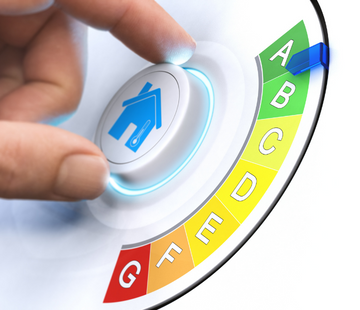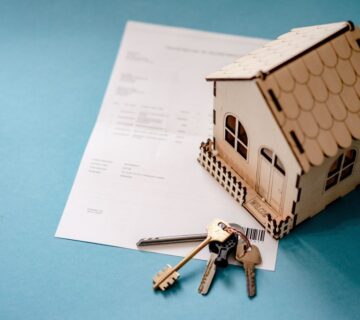Introduction
The concept of buying off-plan properties has been gaining popularity in the real estate world. Off-plan properties are those that are sold before they are built or completed, giving buyers the chance to secure a property in a development that may not even exist yet. While this approach offers unique advantages, it also comes with its share of potential drawbacks. In this blog, we’ll explore the pros and cons of buying off-plan properties to help you make an informed decision when considering this investment option.
Pros of Buying Off-Plan Properties
- Lower Initial Cost
One of the most significant advantages of buying off-plan properties is that they are typically sold at a lower price than completed properties. Developers often offer pre-construction pricing to incentivize early buyers, which can result in cost savings for investors.
- Potential for Capital Appreciation
Buying off-plan can lead to capital appreciation before the property is even completed. As the development progresses, the value of your property may increase, allowing you to sell it at a profit before you’ve even moved in.
- Customization Options
Off-plan properties often allow buyers to choose from various finishing options, layouts, and design features. This customization can make your future home tailored to your preferences and needs.
- Minimal Immediate Maintenance
Newly built properties generally require less immediate maintenance and repairs, reducing the initial costs and hassles for homeowners.
- Attractive Payment Plans
Developers often offer flexible payment plans for off-plan properties, allowing buyers to spread payments over an extended period. This can make the purchase more affordable for many.
Cons of Buying Off-Plan Properties
- Uncertainty
Perhaps the most significant drawback of buying off-plan properties is the uncertainty regarding the final product. You’re essentially purchasing something that doesn’t yet exist, so you have to rely on the developer’s reputation and trust that the finished property will meet your expectations.
- Delays and Unforeseen Issues
Construction projects can be subject to delays, regulatory hurdles, and unforeseen issues that may extend the completion timeline. This could disrupt your plans, especially if you were counting on moving in by a specific date.
- Changes in Market Conditions
Market conditions can change during the construction period, affecting the property’s value. Economic downturns or fluctuations in demand can impact the property’s future worth.
- Limited Room for Negotiation
With off-plan properties, there’s often less room for negotiation compared to the resale market, where buyers can haggle on price and terms more freely.
- Developer Reputation
The success of your off-plan purchase heavily depends on the developer’s reputation, financial stability, and commitment to the project. Conduct thorough research on the developer before committing to such an investment.
Conclusion
Buying off-plan properties can be an exciting venture with the potential for significant cost savings, capital appreciation, and customization. However, it also carries inherent risks related to uncertainty, delays, and market fluctuations. To decide whether buying off-plan is the right choice for you, consider your financial situation, risk tolerance, and the reputation of the developer. Always seek professional advice and do your due diligence before making any significant real estate investment to ensure you are making an informed and sound decision.






No comment